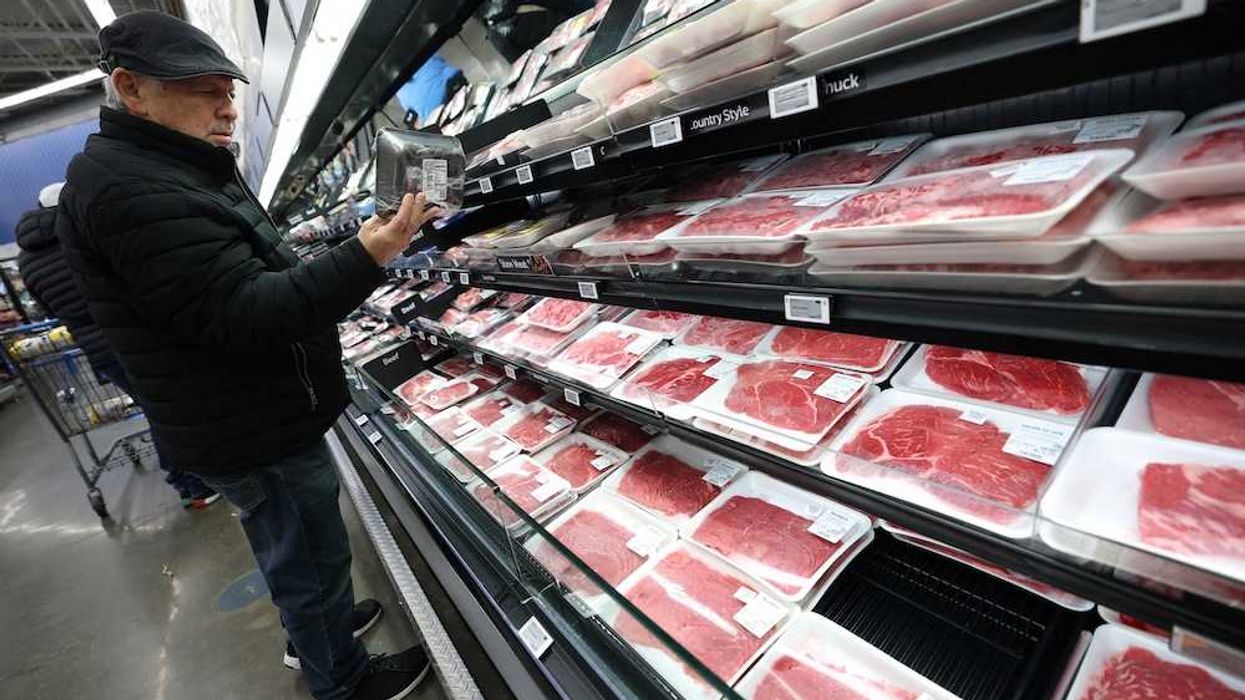President Donald Trump is continuing to insist that his leadership on the economy has been good by citing a figure that 600,000 to 800,000 fewer Americans are using the Supplemental Nutrition Assistance Program (SNAP, or food stamps). But several experts are pointing out that the president's claim is misleading.
NBC News reported Friday that multiple factors complicate the president's insistence that he had "lifted over 600,000 Americans off food stamps." Despite fewer SNAP enrollees, multiple economic indicators like lagging hiring, increasing demand at food banks and persistently high inflation rates suggest that millions of Americans still struggle with food insecurity on a daily basis.
While several hundred thousand Americans have been removed from SNAP rolls since January, there are also multiple seasonal factors at play. According to NBC, the impact from disasters like Hurricanes Helene and Milton in 2024 led to an outsized number of Americans qualifying for SNAP benefits while they were displaced from their homes and unable to work. Once impacted communities were rebuilt, residents of disaster areas no longer needed SNAP benefits.
Additionally, there are families whose household income teeters on the edge of no longer qualifying for SNAP benefits ($3,483 per month for a family of four), even though they may be just $10 over the limit. Linda Nageotte, who is president and chief operating officer of the nonprofit Feeding America, referred to that as the "benefits cliff" and added that it was a "significant challenge that many, many people experiencing food insecurity are facing."
There are likely soon to be even fewer Americans on food stamps simply because Republicans succeeded in implementing strict new work requirements for SNAP recipients in the "One Big Beautiful Bill Act" that Trump signed into law this summer. The Congressional Budget Office estimated that those changes could result in 2.1 million fewer Americans getting SNAP benefits.
All of this is despite millions of SNAP recipients already having jobs: According to the Center on Budget and Policy Priorities, roughly 86 percent of SNAP households in 2021 worked for at least part of the year. Most of the remaining SNAP enrollees who don't work are either children, elderly, or full-time caretakers.
"Just be candid, it feels like a very scary moment of where we are and what’s coming versus a narrative of an economy doing good," Harvard University public heath policy professor Sara Bleich told NBC. "There’s basically a tidal wave of loss that’s coming because people are going to be kicked off SNAP by the millions and the charitable food network and the states cannot make up for the shortfall. So, people are just going to be at a loss, and they are not going to have a way to make ends meet."
Click here to read NBC's full report.


